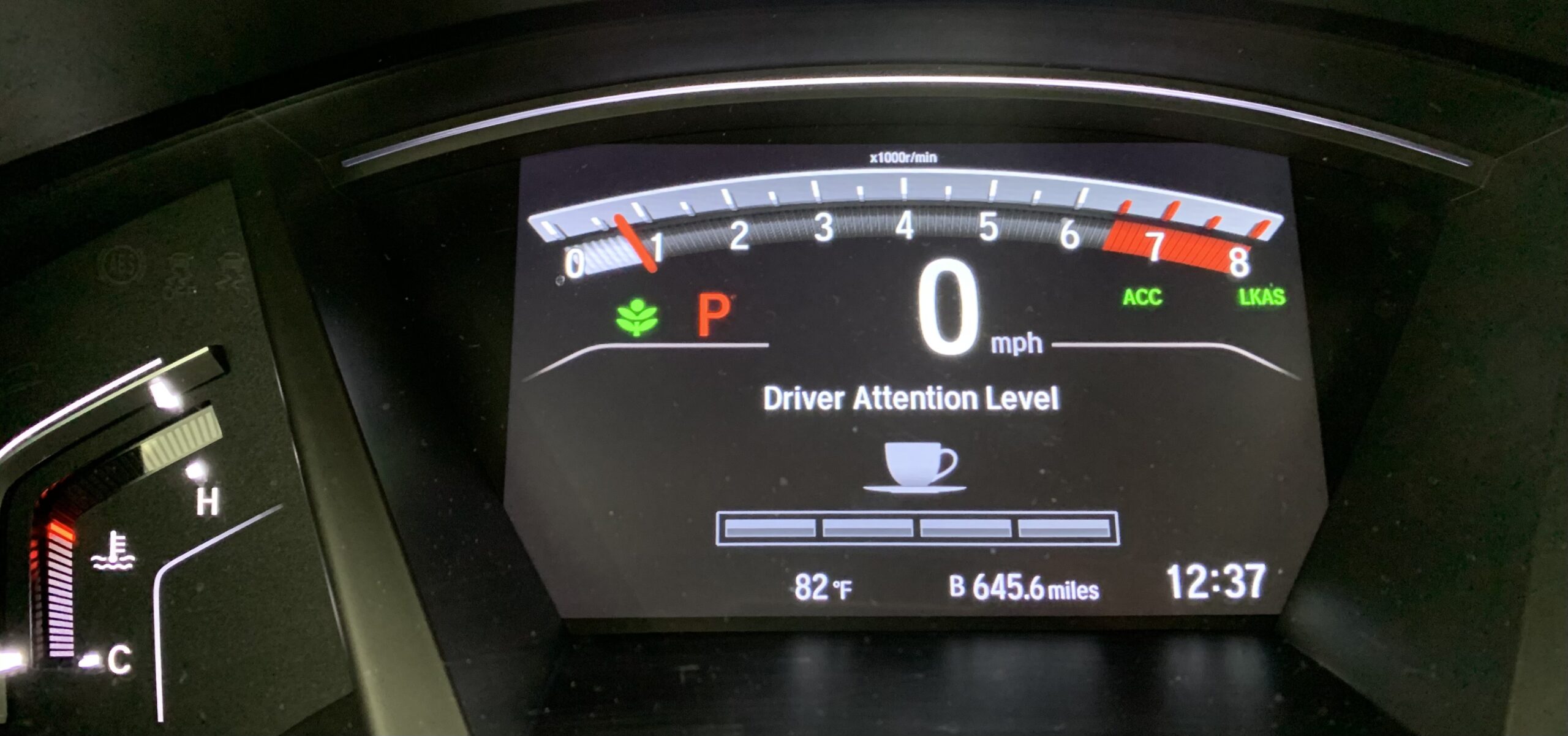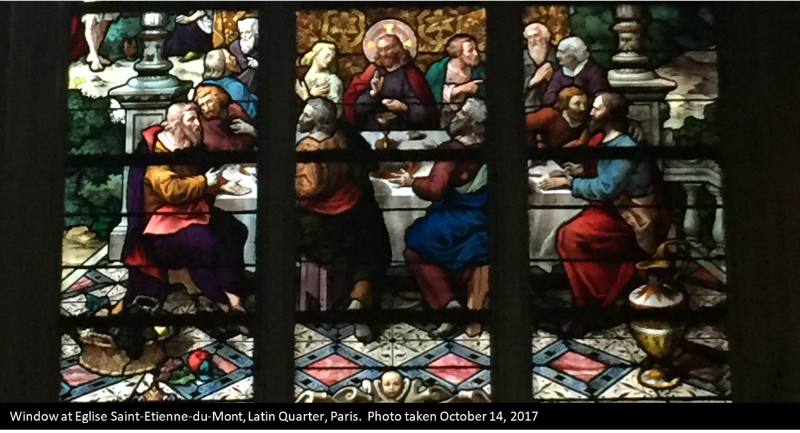 Room with a view, but not perfect,
Room with a view, but not perfect,
Becky and I have been road tripping. Sixteen states in the past four months. All of our children and grandchildren plus some very good friends. Along the way, we have stayed at a few hotels. Our most recent hotel stay was during our weekend in Menominee, Michigan, on the Upper Peninsula. Between the two hotels in town, we picked the place Trip Advisor told us would be the best. It was a good place to stay. Our room had a view of the Green Bay of Lake Michigan. The bed was comfortable, the sheets were clean, and the shower worked. All we needed.
The first morning of our stay, we had breakfast at what had been one of our favorite restaurants when we lived in Menominee 25 years ago. We were not disappointed. The omelets were wonderful and the view of the yacht harbor beautiful. Getting ready for church the next morning, we decided to opt for the hotel’s breakfast, and were disappointed. Even by hotel breakfast standards, it was not good. The rehydrated scrambled eggs were soggy and the reheated bacon was limp. I should have gone for the Raisin Bran. The third morning we hit the road early for our trip home and ate on the way. Continue reading




